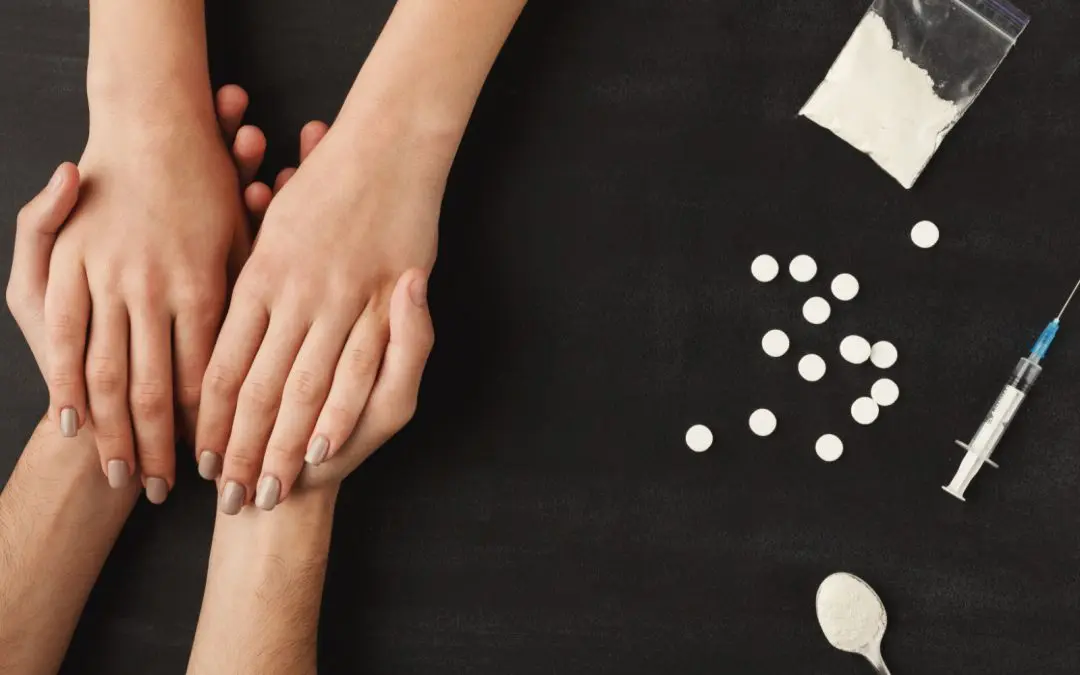24/7 Helpline:
(866) 899-221924/7 Helpline:
(866) 899-2219
Learn more about PTSD Treatment centers in Lockwood
PTSD Treatment in Other Cities

Other Insurance Options

Providence

MVP Healthcare

Meritain

American Behavioral

Sliding scale payment assistance

Optima

CareSource

Medical Mutual of Ohio

EmblemHealth

Magellan

AllWell

Horizon Healthcare Service

State Farm

Health Choice

BlueShield

BHS | Behavioral Health Systems

Premera

Highmark

Aetna

Multiplan
















































